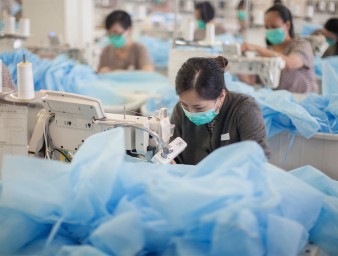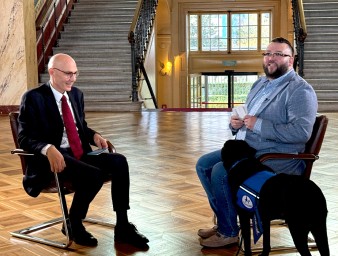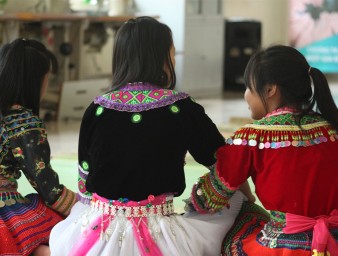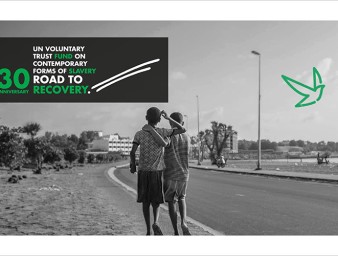NGO assists those caught up labour exploitation and human trafficking
02 December 2021
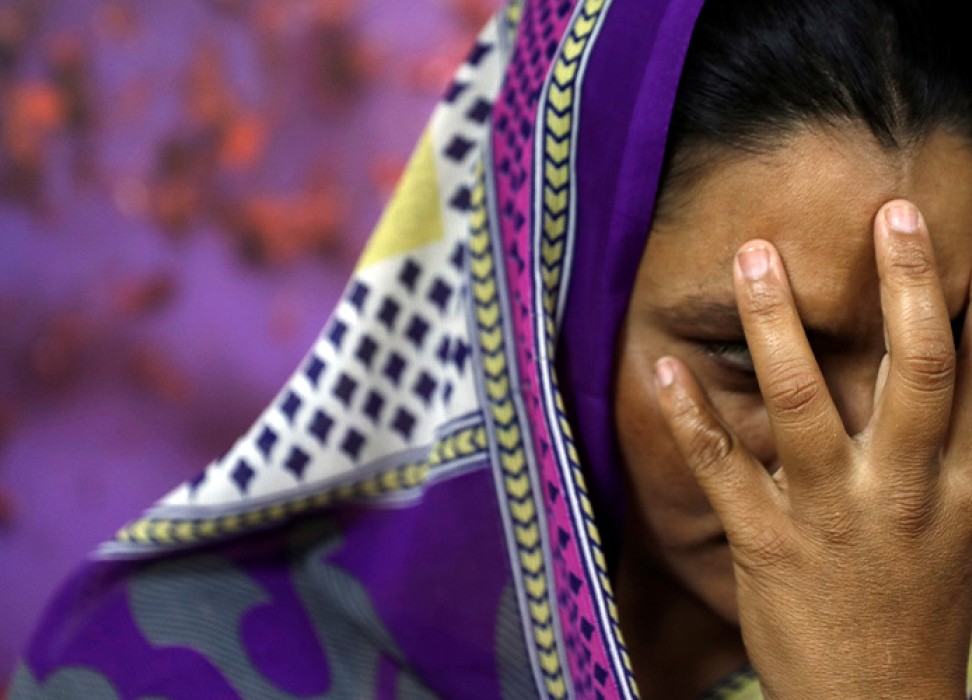
Hoping for a better life, Marcella* (not her real name) travelled with her daughter from her native Colombia to the Netherlands as a domestic worker. Instead, she found herself isolated and exploited by the very people in whom she had placed her trust and offered her skills.
Four months into the arrangement, her employer had not paid her what was agreed and Marcella decided to return to Colombia. But her employers made her delay the trip – twice. Then they took her passport. When she complained, she and her daughter were kicked out onto the streets.
Luckily, Marcella was able to make contact with a Spanish-speaking migrants' organisation in the Netherlands, who referred her to a local NGO, FairWork.
"We were able to explain her options to her, which meant having an interview with the Labour Inspectorate," said Anna Ensing, Project Leader on labour exploitation for FairWork.
FairWork is an NGO whose mission is to end modern slavery in the Netherlands. In practice this means preventing labour exploitation, and as they work from the victim's perspective, the NGO's priority is to support victims rather than punishing culprits, Ensing said.
FairWork is one of the 37 beneficiaries of the UN Voluntary Trust Fund on Contemporary Forms of Slavery (UN Slavery Fund). The fund awards grants to civil society organisations worldwide to ensure that men, women and children subjected to slavery all receive all forms of humanitarian assistance.
This has meant that FairWork has provided free assistance, and has done so with cultural mediators and across 11 teams and in 10 languages, offering the first line of support for a broad group of people who range from victims of human trafficking to those who are facing severe labour rights' violations.
It also meant that in 2020, just over 1800 people received vital assistance from the NGO. This included 412 people who may have been trafficked for labour exploitation, of whom 207 were from outside of the European Union.
According to unofficial estimates, one in every 130 women and girls is subjected to contemporary forms of slavery such as child and forced marriage, domestic servitude, forced labour and debt bondage which entail highly gendered experiences.
FairWork has three areas of focus. The first is direct support to victims of labour exploitation, as well as also to potential victims and vulnerable labour migrants.
The second area involves training and capacity-building for professionals and volunteers from other support organisations on, labour exploitation and human trafficking. Ensing pointed out that the FairWork team had trained the staff of the organisation that referred Marcella.
"This demonstrates the value of networks and the extent of FairWork's reach and impact," she said.
FairWork’s the third area is advocating for more structural changes to national and local government. Ensing said progress is slowed by systemic bottlenecks and so a good deal of the NGO’s time is devoted to liaising with labour inspectorates.
Marcella received food and shelter through FairWork while she waited to return to Colombia.
"Marcella was really keen to ensure that what had happened to her should happen to no-one else. That's why she also agreed to a police interview so that her former employers would be prosecuted," Ensing said.
At the time of writing, the case against Marcella's former employers was still open.
This year marks the 30th anniversary of the UN Voluntary Trust Fund on Contemporary Forms of Slavery. Learn more about anniversary events via our website and the video below.
VIEW THIS PAGE IN:
